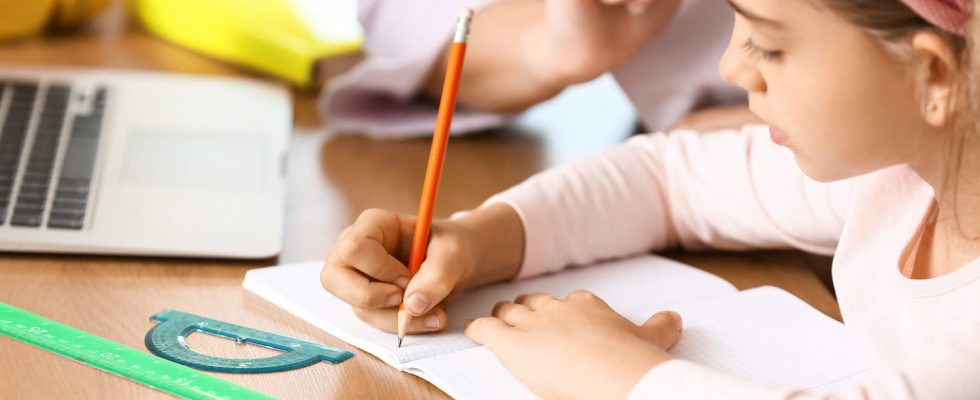Dyslexia is one of the learning disorders and affects around 5% of students. This disability recognized by the WHO has consequences on schooling. How to help your child learn well at school? Advice and decryption.
Since 1991, the World Health Organization has recognized the dyslexia like a invisible disability. Just like dysorthography or dyscalculia, it is a learning disorder, specific to reading. A dyslexic child may have difficulty recognizing words, pronouncing them correctly and may sometimes reverse certain letters, or even forget or add new ones. In general, they have greater ease with speaking than writing, although some children may have an oral language disorder associated with the reading disorder. In France, it is estimated that nearly 5% of school children are dyslexicindicates the website of the French Federation of DYS. At school, this can have consequences on the student’s learning and academic results, not to mention their development. As a parent, what should you do? Elements of answers.
This learning and reading disorder is generally detected between 5 and 6 years old, but is not easy to identify given that at this age, it is relatively common for students to encounter reading difficulties. However, early detection makes it possible to better identify the causes and provide effective and appropriate treatment.
My child shows signs of dyslexia, what should I do?
To help a child who shows signs of dyslexia, start by consult your doctor or pediatrician to determine if it really is dyslexia. Sometimes the reading difficulties can simply come from a visual or hearing deficit.
If you have dyslexia, your doctor will refer you to a speech therapist. who will carry out an accurate assessment. Please note, however, that dyslexia cannot be cured, but rehabilitation sessions for example and appropriate care allow the child to live better with this disability and to progress in such a way as to not fall behind in your schooling.
For helping your dyslexic child with their schoolingparents have a role to play. A child with dyslexia needs to feel valued. He should not feel left out or feel guilty because of the difficulties he encounters when learning to read. To do this, explain to him that the right hemisphere being more developed than the left, it will certainly be easier to shine in scientific or artistic disciplines. Self-confidence will allow him to overcome these obstacles and make further progress. Finally, don’t forget that the greatest artists and intellectuals such as Leonardo da Vinci, Auguste Rodin and Albert Einstein were also dyslexic!
